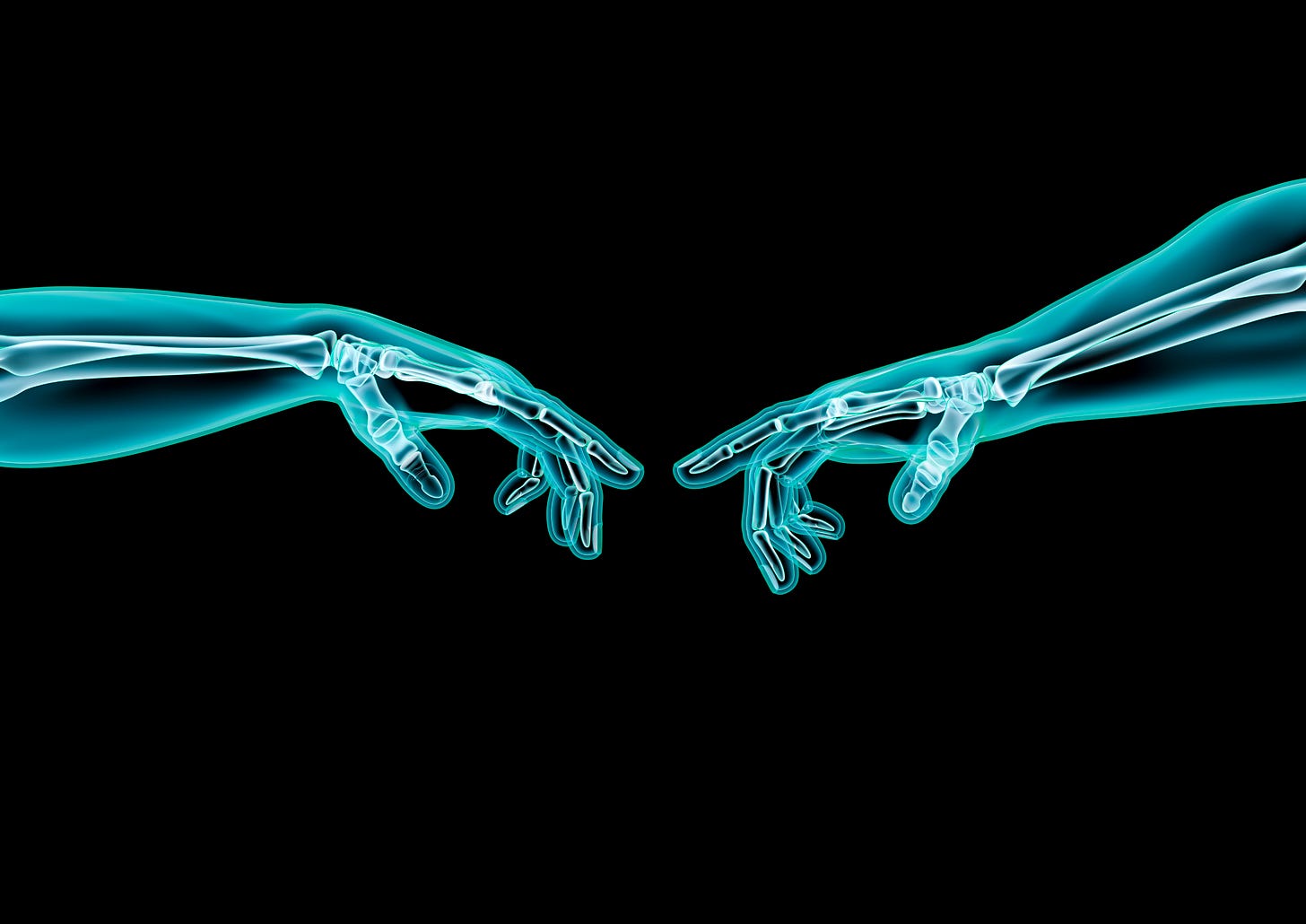Beheading Hydra: A Radical Plan for Christians in an Atheistic Age is a very good book. It was published by Fr. Dwight Longenecker in 2021. However, he makes an argument about miracles that I found to be not inaccurate but a little problematic. Allow me to explain, but first the argument from the book:
If we allow for the possibility of a Divine Creator – the one who sets up the laws in the first place – then He must be able to interrupt the natural order if He wishes…
It is the job of science to discover and document the laws of nature, but what science cannot do is document all the exceptions and variables in those laws…
…the very nature of a law assumes that it is possible to break the law – or why would the law have been made in the first place?...It is the same with the laws of nature. They are made to be broken, and the only one who can break them is the one who made them.
So, why do I have a problem?
Because I don’t believe there are any natural laws to interrupt or break. 1
Remember Karl Popper: theories are accepted as true because they have not yet been falsified. The idea of a ‘law’ in science would be of something that is so strong that falsification would be impossible. It is the scientific counterpart of the unsinkable Titanic.
And unsinkable they are not. Several scientific so-called laws had to be modified after relativity theory was published. It would seem that calling a well-established scientific idea a “law” is a conceit, and very possibly an act of hubris. I am not arguing that Kepler’s Laws or the Laws of Thermodynamics should be renamed, history does need to be respected, I am just arguing for intellectual caution and humility.
Science is just observation and theory, nothing more. Keep it simple.
I also have a feeling that atheists will not be open to this argument, that its main value is with believers.
So, what should we do with Fr. Longenecker’s reasoning?
Use it sparingly with the reservation that law and lawmaking is a metaphor. For what? For the idea of God as the Logos that guarantees the natural regularity and consistency of creation and bestows unexplained grace (miracles) as He sees fit.
To be clear, I am not writing about the natural law that lies behind human morality: as philosophy and theology it is not subject to the scientific method.



In Summa Contra Gentiles St. Thomas Aquinas notes that even God can't make a right triangle with the sum of the angles being anything but 180 degrees.
It seems Fr. Dwight disagrees. I'm putting my money on the "dumb ox".
Back to Fr. Dwight's argument. I think I would find it easier to agree with him if he didn't assert that God is breaking His own laws when miracles occur. Could it be that miracles are still in harmony with the few natural laws you mention? It's just that us humans have imperfect and incomplete understanding of those laws so it just appears to us that a law of the universe has been broken.